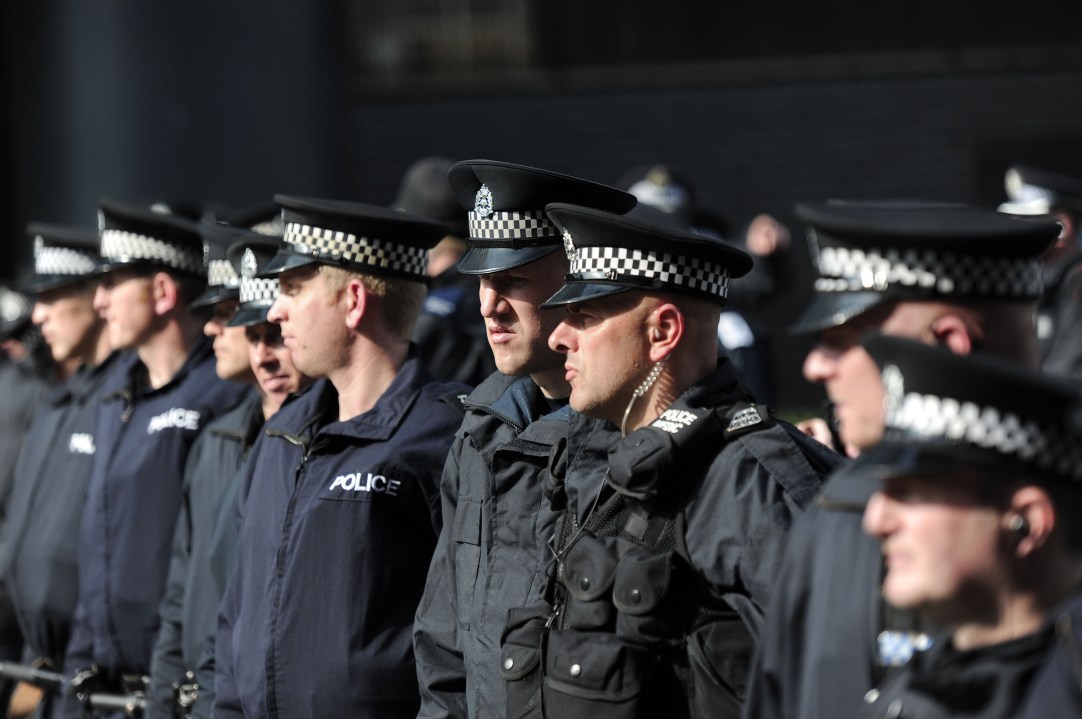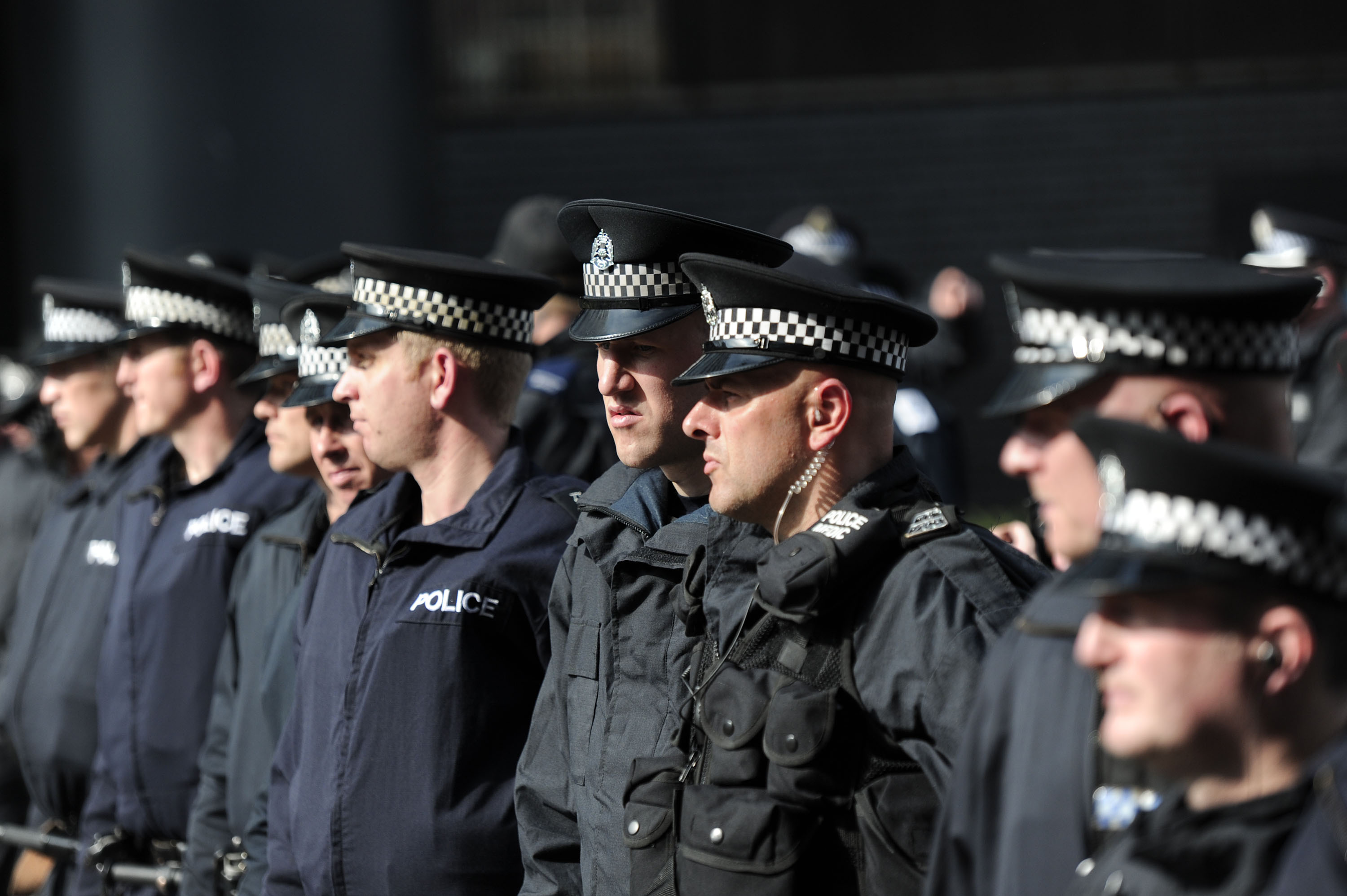 As the wave of rioting and looting swept through London earlier this month it was
As the wave of rioting and looting swept through London earlier this month it was
disturbing to see how the actions of a minority could engender fear and disorder on such a grand scale.
As the dust settles and the reality of this episode fades away, there is a simple fact that is at risk of being buried under the heap of condemnation of criminals and praise for the police –
namely, that such a relatively small number (just over 2,000 were arrested in London out of a population of 8 million) of people deployed themselves so effectively as to bring London to its
knees.
Yet thankfully effective deployment is not the exclusive preserve of rioters and when the police effectively deploy their most valuable assets – police officers – the effect on crime
and disorder is equally devastating. Deploying officers in roles where they are visible and available to the public is proven to increase public confidence and cuts crime.
So how well are police forces deploying their officers?
In today’s newly-published Policy Exchange report, Cost of the Cops, we analysed just over a quarter (27%)
of the police workforce to find out. We uncovered that 7,280 – out of the 12,543 officers in those functions – were not simply off the frontline, but were performing roles that should
be being performed by civilian staff. The argument is not that there is a marked difference between the performance of officers and civilians in these roles (in either direction), but rather that
officers are significantly more expensive than civilians – it costs £80,000 and takes two years for an officer to become fully competent and the average officer salary –
£54,000 – is 60% higher than an officer’s civilian colleague. If police forces had filled the roles with civilians instead, they would have saved £147 million every year,
equivalent to having 2,700 extra officers ready to be deployed to fight crime in visible and available roles every year.
Furthermore, some forces had more than a tenth of their police officers either off sick or performing restricted duties. If forces were able to reduce sick leave to the standard of the best five
performing forces, then a further £60 million worth of officer’s time – equivalent to an extra 1,100 officers – would be reclaimed each year.
As with any public service, the public should expect that their money is spent prudently. The police are no exception. Yet despite spending £14.5 billion on policing in 2010 (up £5
billion since 2001), the public are unconvinced of the investment made on their behalf. Half think we have no more officers than a decade ago (when in fact we have over 18,000 more); only 17 per
cent think there are more officers on the streets since 2000; and just a third of households think the current £600 a year they spend on policing represents good value.
It is often quoted that we have the best police service in the world, and it is difficult to argue with this when witnessing the tireless efforts of the police to instill order to our chaotic
streets earlier this month. Yet to truly be the best requires a character that is not afraid to challenge assumptions and be open to ideas from outside of the service. How police leaders react to
this evidence of wasted resources, as well as other challenges to the status quo, will be the true determinant of whether we have the best service in the world.
Edward Boyd is a Research Fellow at Policy Exchange.







Comments